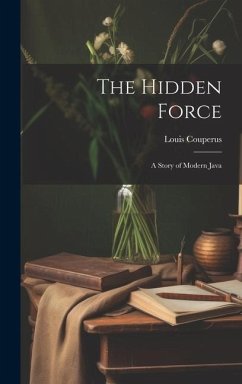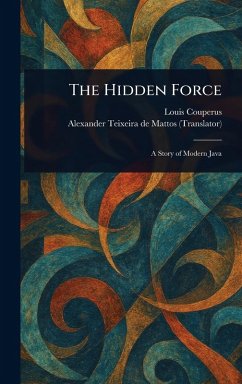
Jerusalem
Versandkostenfrei!
Sofort lieferbar
8,49 €
inkl. MwSt.

PAYBACK Punkte
4 °P sammeln!
Selma Lagerlöf's "Jerusalem" is a profound exploration of faith, human resilience, and the search for a promised land, set within the context of late 19th-century Sweden. Written in a lyrical prose style that combines elements of realism and mysticism, Lagerlöf weaves together the lives of Swedish settlers who voyage to the Holy Land in pursuit of both spiritual and material redemption. The narrative intricately examines the contrasts between their idealistic aspirations and the harsh realities they face, serving as a microcosm of broader human struggles. The novel's rich symbolism and evoca...
Selma Lagerlöf's "Jerusalem" is a profound exploration of faith, human resilience, and the search for a promised land, set within the context of late 19th-century Sweden. Written in a lyrical prose style that combines elements of realism and mysticism, Lagerlöf weaves together the lives of Swedish settlers who voyage to the Holy Land in pursuit of both spiritual and material redemption. The narrative intricately examines the contrasts between their idealistic aspirations and the harsh realities they face, serving as a microcosm of broader human struggles. The novel's rich symbolism and evocative descriptions invite readers to contemplate the complexities of belief and belonging, framing the settlers' journey as both a physical and metaphorical pilgrimage. Selma Lagerlöf, a pioneering figure in Swedish literature and the first woman to receive the Nobel Prize in Literature, drew upon her own experiences and the sociopolitical climate of her time to create this landmark work. Her deep connection to her homeland and passion for storytelling illuminate the struggles and aspirations of her characters. Lagerlöf's literary oeuvre is marked by fables and folklore, reflecting her commitment to blending personal and collective narratives, reinforcing her empathetic understanding of the human experience. "Jerusalem" is a compelling invitation to readers interested in the intersections of culture, spirituality, and identity. Lagerlöf's masterful storytelling captures the dilemmas faced by those who seek redemption and belonging, making it an essential read for anyone fascinated by the complexities of the human spirit and the pursuit of a better world.












